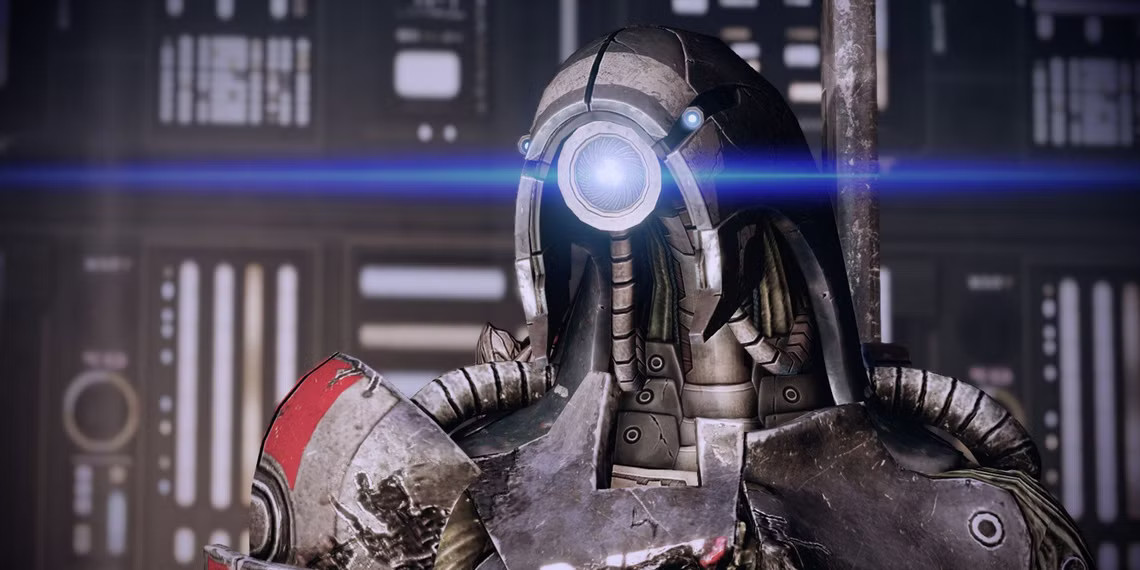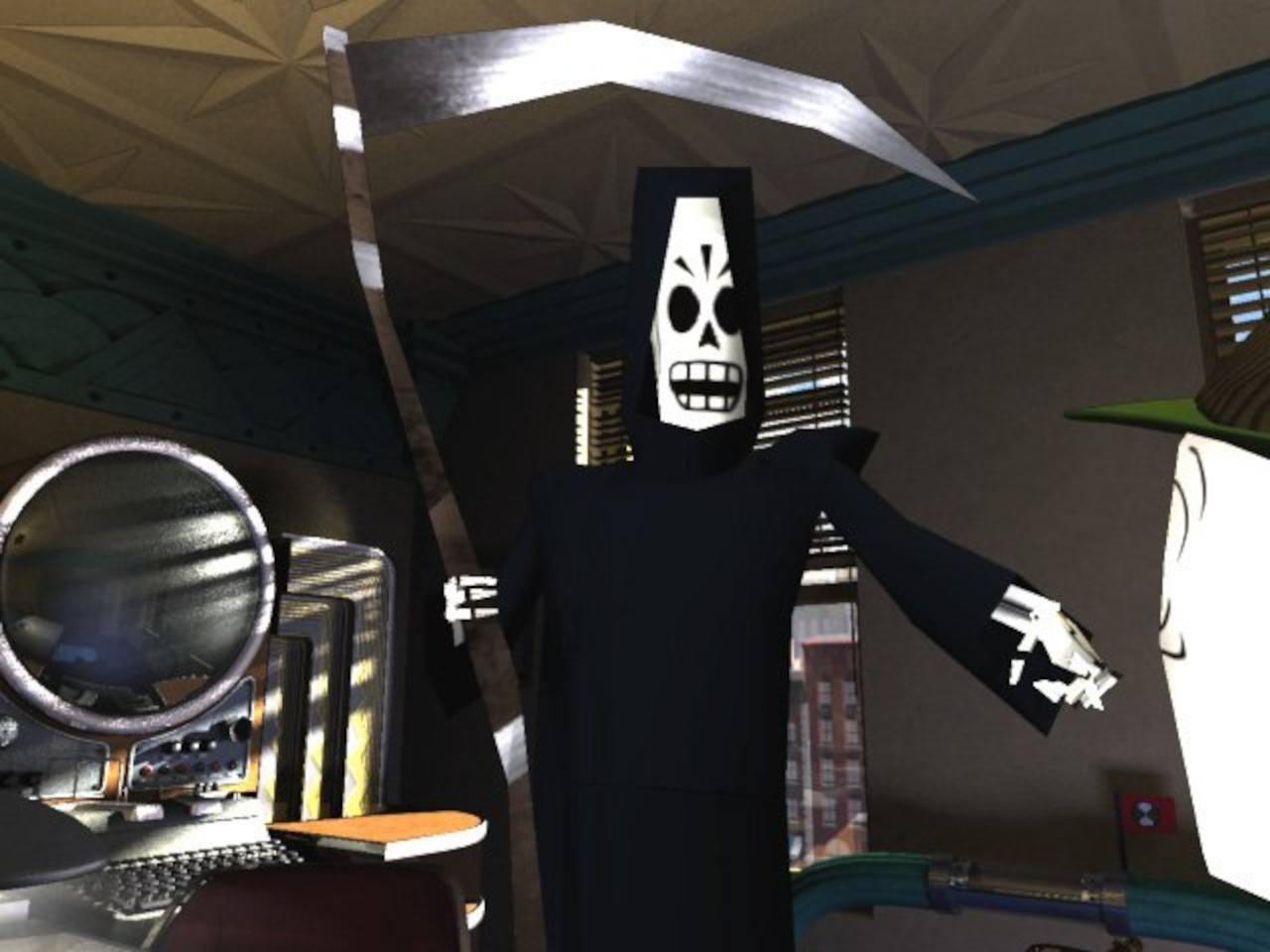Microtransactions. They may very well have replaced cheating and emulation as the most controversial topic within the gaming community. This past month alone, we’ve seen numerous releases that have gone hyper-aggressive on post-purchase monetization. Gran Turismo 7 perhaps being the most notorious of the lot, due thanks to its constant nickel and diming, despite being a $70 USD release. Yes, it seems Sony’s retail price hike still wasn’t enough to cover all those alleged development cost.
Now, there’s one common argument I see come up quite a bit in defense of microtransactions. The claim is that they’re really no different from how coin-op arcades work. In both cases you’re paying a small fee to get access to the content. Which on a surface level is certainly true. But when you dig a little deeper, the two are not similar at all. Neither from a business or gameplay perspective.
Yes, there are certainly arcade cabinets that were designed to be coin suckers. Think games like Dragon’s Lair, which deals out death liberally and was largely left up to trial and error. There were also unscrupulous arcade owners who would set all their cabinets to the highest difficulty, in order to rake in more profits.
Even then arcades work on a fundamentally different business model than microtransactions do. Companies like Nintendo, Midway, and Namco would sell cabinets to arcades at a fixed price. Cabinets today are still expensive to purchase .But back in the 80s and 90s, most ran on custom hardware, which made owning one a very pricey prospect indeed. So arcade owners charged a per-play fee in order to cover that initial purchase cost, as well as the usual expenses involved with running any brick & mortar business. They certainly weren’t making massive profit margins on these things like today’s game companies do off microtransactions. Which is why outside big city boardwalks and shopping malls, the local arcades always had a reputation for being a bit sketchy. It wasn’t a glamourous business by any stretch. Meanwhile, with microtransactions, the purpose of these payments is a lot less transparent. Especially when the player is often paying for both the game itself and the equivalent of the per-play fee.
Perhaps the biggest difference that we gamers are concerned about though comes down to gameplay. A good coin-op game will reward skilled players. Every arcade had that one legend who could go multiple rounds at Street Fighter on a single quarter. Basically, the better you got at the game, the less you’d have to pay. And I think this is why so many classic arcade games are still so much fun to play today. The gameplay had to be fun and engaging in order to entice players in amongst a sea of competing cabinets. It had to be challenging in order to be profitable, but it couldn’t be so difficult as to be impossible. And a highly skilled player showing off made the game all the more enticing. These games were certainly tough, but fair.
Microtransactions are opposite. Any beginner can dominate the battlefield simply by dropping the most cash on high end gear. Meanwhile, highly skilled players might see their stats gimped, or see their progress stall, due to artificial roadblocks meant to funnel them into paying. With microtransactions, skill is irrelevant. And that’s why so many gamers hate rip on games that use them. Sure, the predatory nature of these transactions, and their exploitation of psychology, are certainly concerning. But when it comes down to simple gameplay, why would you even bother grinding it out when someone else can just buy their way to the same victory. There’s no “sense of pride and accomplishment” in that. Which is why so many of these games are, frankly, boring.
On a bit of a tangent here, but I think this is why Souls games have gotten so popular recently. There’s certainly a demand out there for games that are more difficult and reward highly skilled players. While games like Eldin Ring are certainly tough as nails, they are fair in the sense that it’s usually the player’s fault if they die. And everybody enters the game on an even playing field. You can’t just type in your credit card number to instantly make battles easier. Hell, knowing From Software, if they ever did implement microtransactions, it’d be to unlock even more difficult bosses.





